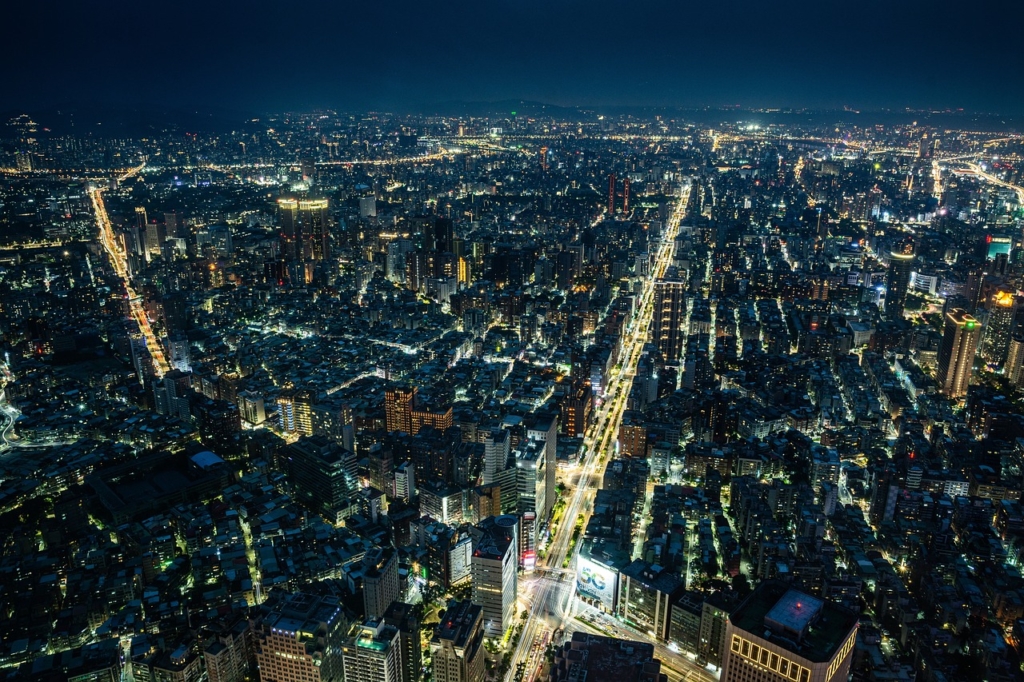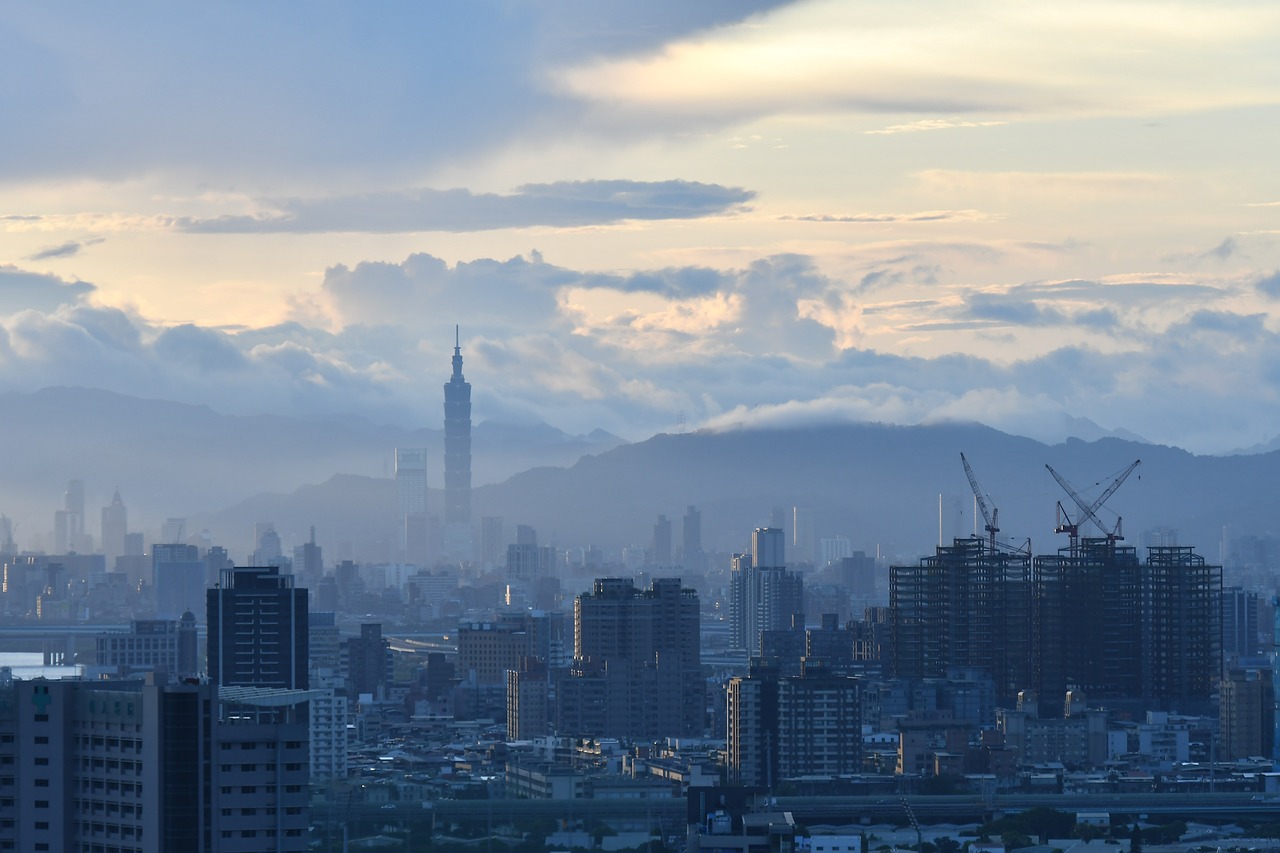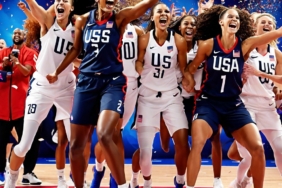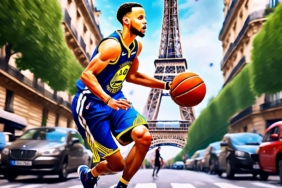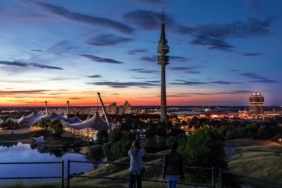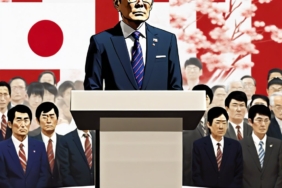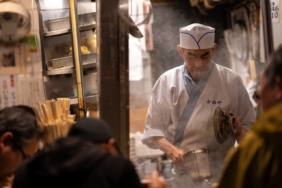The Olympic Paradox: Taiwanese Athletes in a Global Arena
The athletes from Taiwan faced a moment of profound disappointment. Their journey in Paris had come to an end, marked by a loss to a team representing a political rival. In this moment of defeat, they were stripped of the comfort that comes with their homeland’s name and flag. Competing as athletes from Taiwan often means navigating an uncomfortable political landscape; the island is compelled to participate in the Olympic Games under the cumbersome moniker of Chinese Taipei, a concession made to appease China.
The intersection of politics and sports necessitates a level of rhetorical acrobatics that can trip up even the most seasoned competitors. This reality was palpable for Chen Szu-yu, a table tennis player who had just faced off against Team China. After her defeat, she expressed her sentiments with a poignant statement: “I’m only fighting for myself, through my own hard work,” substituting the notion of state for self on a grand international stage.
Her teammate, Chien Tung-chuan, took a different approach, choosing to sidestep the intricate political discourse entirely. When asked about Taiwan’s status at the Olympics, she simply responded, “I cannot answer that question. May I go?” This response encapsulated the discomfort and complexity surrounding the issue.
The Olympics stand as a pinnacle of international unity, a stage where nations converge to celebrate athletic prowess. In stark contrast, the United Nations General Assembly, another significant global platform, often excludes territories and regions that do not fit neatly into the categories of recognized nations. Puerto Rico, Palestine, and Chinese Taipei march alongside each other in the Olympic parade, just as a refugee team, composed of 37 individuals uprooted from their homelands, joins in the celebration, representing a poignant reminder of displacement amid competition.
Yet, to accommodate the rich tapestry of global diversity—be it North Korea and South Korea, Israel and Palestine, or Armenia and Azerbaijan—the architects of the Olympic Games impose a mandate: athletes must refrain from making political statements. In this way, they attempt to encapsulate a moment of international harmony, where the elegance of a woman soaring through the air on a pole vault or the swift revolution of a wheel in a velodrome becomes a symbol of unity. They romanticize the concept of an Olympic truce, envisioning a scenario where competitors set aside their differences and weapons for the duration of this grand athletic spectacle.
